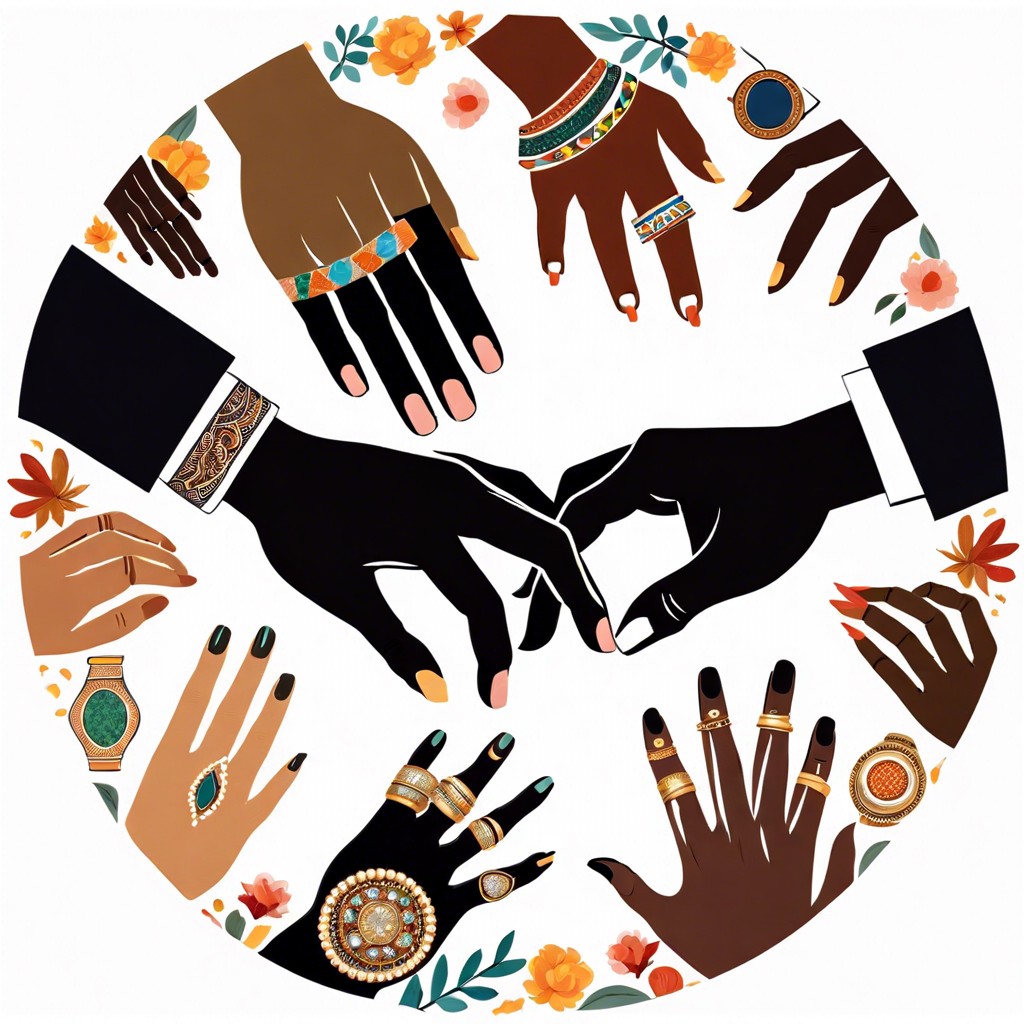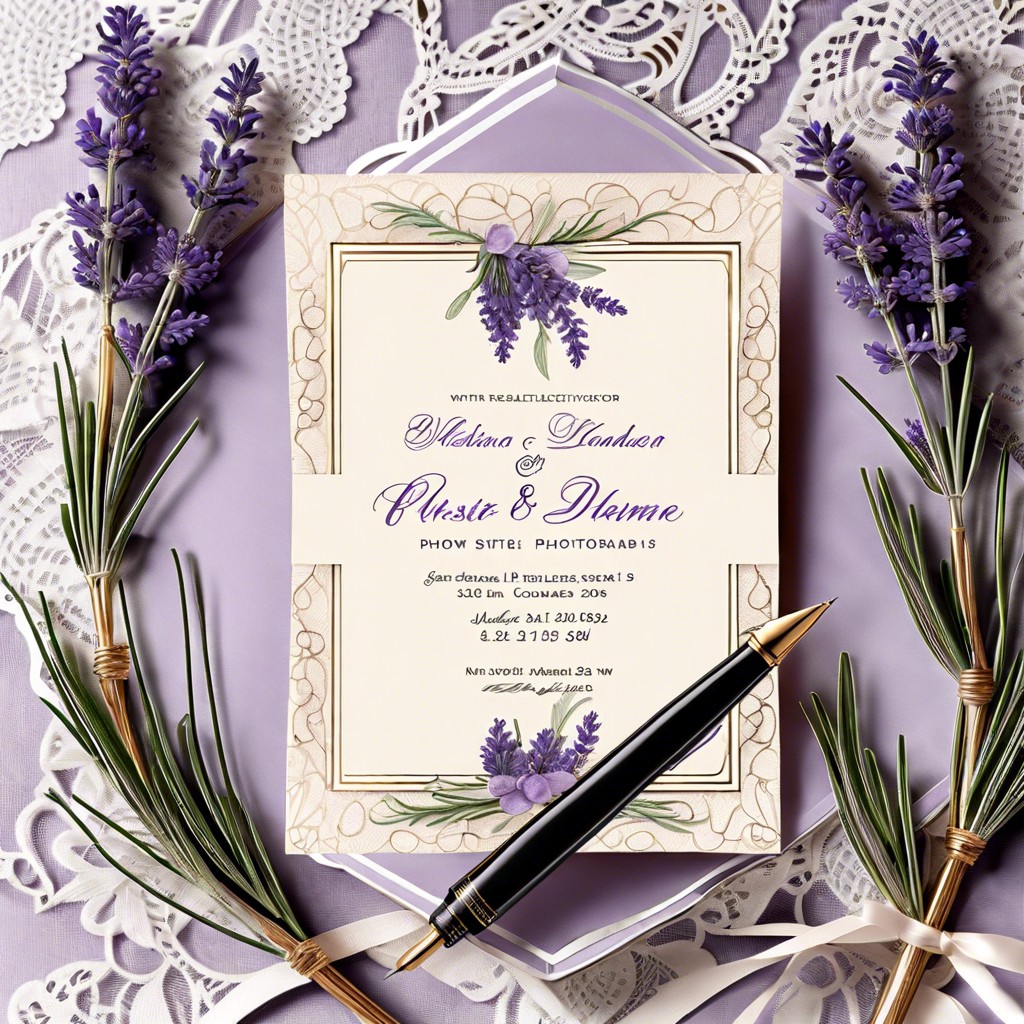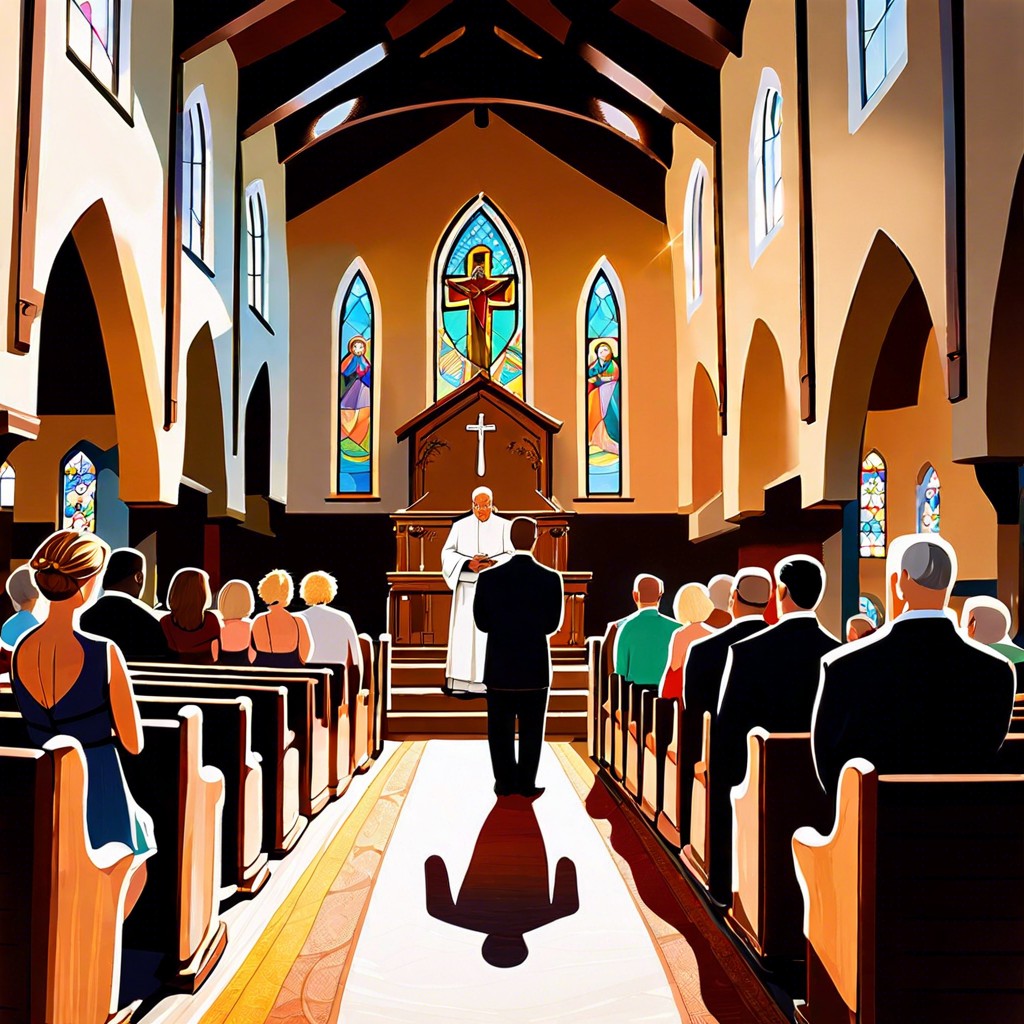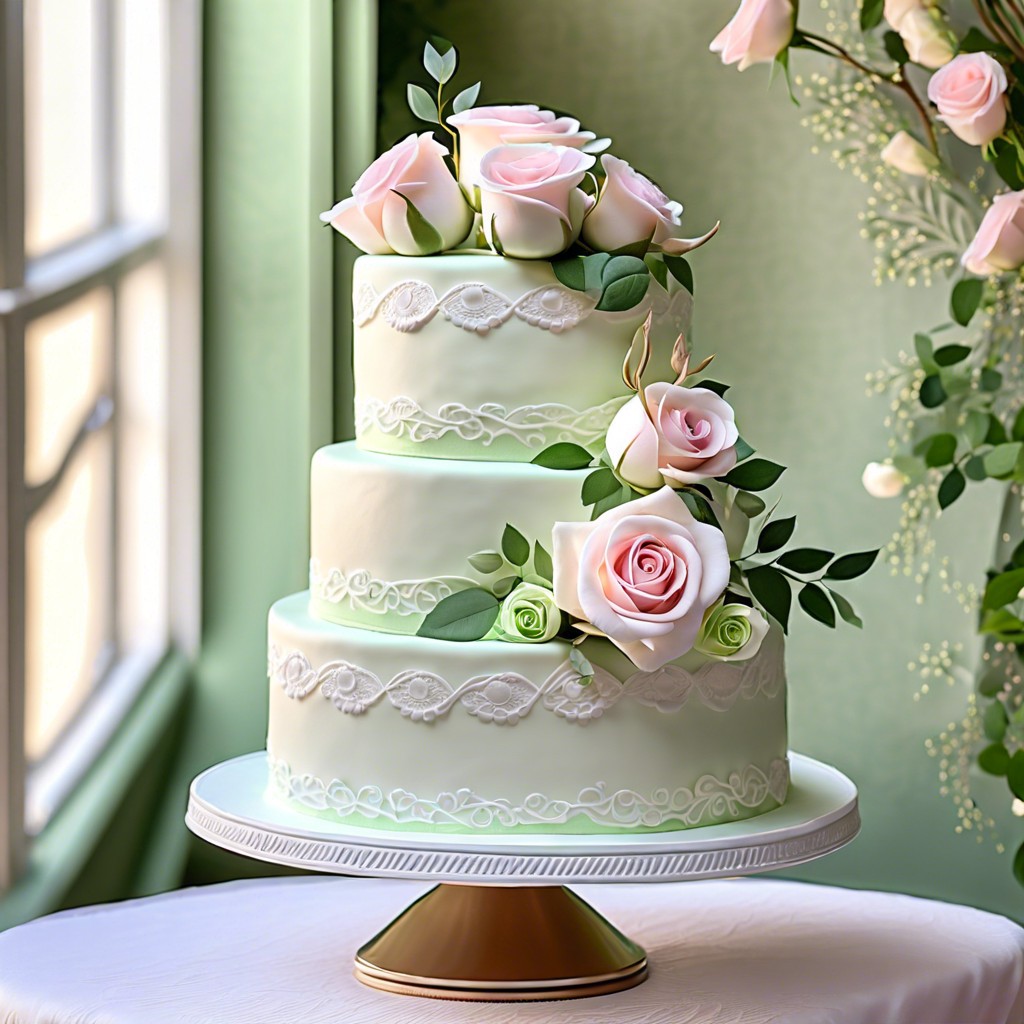Discover how to budget effectively by understanding the average catering costs for a wedding.
Key takeaways:
- Price per head ranges from to 0 per person
- Buffet-style service can reduce expenses
- Opting for seasonal and local ingredients can minimize costs
- Providing limited bar or signature cocktails can decrease overall price
- Consider additional fees like cake cutting and gratuities
Average Cost of Wedding Catering

Navigating the costs of wedding catering can be daunting. On average, couples in the United States can expect to spend between $1,800 to $7,000, with the national average sitting around $4,000. This price typically covers food, service, and incidental fees but can vary based on the reception size and the menu’s complexity.
Here’s a simple breakdown to help guide your budget planning:
- Price Per Head: Catering costs are often charged per guest, with prices ranging from $20 to $100 per person.
- Type of Service: Buffet-style service can reduce expenses, while a plated dinner or family-style service may increase the cost.
- Menu Selection: Opting for seasonal and local ingredients can minimize costs compared to exotic or gourmet options.
- Drink Service: Providing a limited bar or signature cocktails instead of a full bar can decrease the overall price.
- Additional Fees: Remember to factor in potential extra costs such as cake cutting fees, gratuities, and rental equipment.
Understanding these points will assist in creating a catering budget that aligns with your financial expectations for your special day.
Choosing a Wedding Caterer
When deciding on a caterer for your wedding, prioritize your culinary preferences, dietary requirements, and the overall event style you envision. It’s essential to research potential caterers, review their menus, and look at past clients’ testimonials.
Don’t hesitate to request taste tests to ensure their offerings align with your tastes and expectations. Ask about their experience with weddings of similar size and scope to yours, and ensure they can provide the level of service you require, whether it’s a buffet, plated meals, or family-style servings.
Finally, check for licenses and insurance to guarantee they meet all health and safety standards.
Cost Factors for Wedding Catering
When estimating your wedding catering expenses, several elements impact the final cost:
- Guest Count: The number of guests directly affects the amount of food, beverages, and staffing needed, thereby influencing the overall price.
- Service Style: Buffet, family-style, plated, or cocktail reception each carry different price tags, with plated meals often being the most expensive.
- Menu Complexity: Exotic ingredients or elaborate dishes typically require more skilled labor and higher-quality ingredients, which can increase your costs.
- Caterer Prestige: Renowned catering companies might charge more for their esteemed services and reputation.
- Beverages and Bar Service: Including alcoholic beverages and providing a full bar will substantially raise your catering bill.
- Rentals and Extras: Items like linens, glassware, silverware, and china, if not included with your catering package, can add to the overall expense.
- Location: Catering costs can vary widely by region, with metropolitan areas generally having higher prices than more rural locations.
- Time of Year: Peak wedding season might lead to higher catering costs due to increased demand.
Understanding these factors will help you navigate the options and tailor your catering choices to align with both your preferences and budget.
How Much Are Wedding Caterers?
Understanding the pricing of wedding caterers is crucial for couples looking to balance their budgets without compromise on quality. On average, prices can range from $30 to $100 per guest, influenced by several factors including menu complexity, service style, and geographical location.
To get a clearer picture, consider that a plated dinner typically costs more than a buffet due to the higher service staff requirements. Premium ingredients or custom requests will also bump up the price. Moreover, caterers in metropolitan areas often charge more than those in rural settings because of higher operational costs.
Keep these points in mind:
- Per-person pricing is common and includes food, service, and sometimes tableware.
- Buffet and family-style services can reduce costs but may have less formality.
- Additional fees can include cake cutting, corkage, and overtime.
It’s recommended to get detailed quotes from multiple caterers to compare the true cost of the services provided.
Tips On Finding The Right Wedding Catering
Securing the ideal catering service can elevate your wedding day from memorable to unforgettable. Begin by soliciting recommendations from recently married friends or family members; their firsthand experience is invaluable.
Climate is another consideration; summer weddings may benefit from lighter fare, while winter events can feature heartier meals. Your venue may have preferred vendors, and these relationships can often mean smoother coordination and potentially discounted rates.
Carefully review each caterer’s portfolio to gauge their style and versatility – a diverse spread of past events indicates adaptability to various wedding themes and sizes. Schedule tastings with your top choices to assess the quality and presentation of their food, as well as the professionalism of their staff.
Finally, don’t overlook the power of online reviews; they can provide insight into the caterer’s reliability and consistency across a broad range of experiences.
In your discussions, clarify what’s included in their service. Some caterers provide tables, chairs, and linens, while others may only cover the food and staff. Understanding these details will help you accurately compare costs and services, ensuring no surprises as your budget finalizes.
Remember, communication is key; a responsive and attentive caterer can significantly reduce wedding planning stress.



